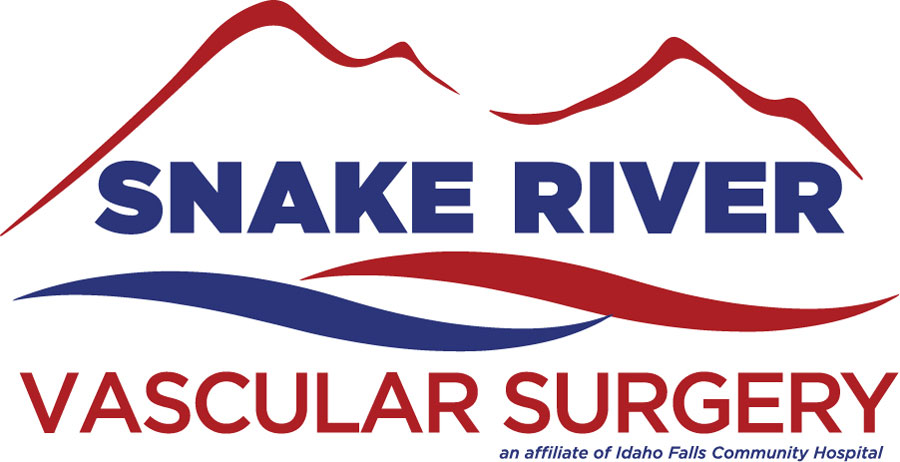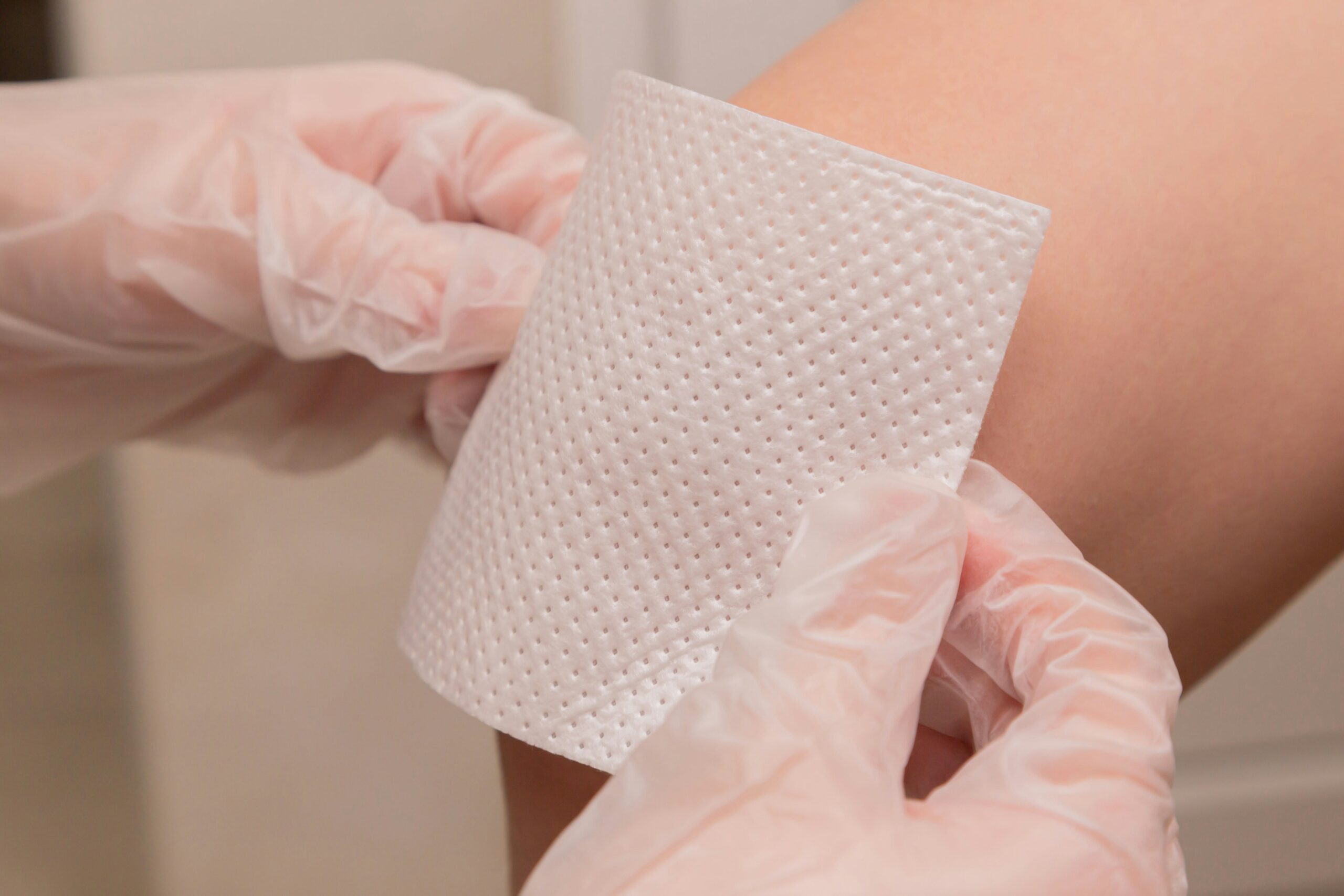Having access to a Vascular surgeon can play a significant role in wound care. If the patient has a wound associated with vascular conditions or impaired blood flow, it is particularly important to seek the assistance of vascular care as part of the healing process. The majority of wounds are related to poor blood flow (PAD) to an area. They can also be related to swelling, inflammation (lymphedema), or a combination of all three. Vascular surgeons are trained to treat complex wounds from diabetes or hardening of the arteries to accelerate care and alleviate pain and suffering.
How Vascular Surgeons Can Help
Here are some ways in which a vascular surgeon can assist in wound care:
Revascularization
Vascular surgeons can perform procedures to restore or improve blood flow to the affected area. This is especially important for wounds caused by arterial insufficiency or chronic conditions like peripheral artery disease (PAD). By bypassing or opening blocked arteries, revascularization procedures can enhance tissue perfusion and promote wound healing.
Debridement and Tissue Reconstruction
Vascular surgeons are skilled in surgical techniques such as debridement, which involves the removal of dead or infected tissue from wounds. This process helps promote wound healing and prevents the spread of infection. Vascular surgeons can also perform tissue reconstruction procedures, including skin grafts or flap surgeries, to close larger or complex wounds and increase the likelihood of proper healing.
Vascular Assessment and Management
Vascular surgeons can assess the vascular status of patients with chronic wounds and identify underlying vascular conditions that may hinder healing. They can diagnose and manage conditions such as PAD, venous insufficiency, or diabetic vascular disease, which may require medical or surgical interventions to optimize blood flow and support wound healing.
Interventional Procedures
Vascular surgeons may employ minimally invasive procedures to address vascular complications that impact wound healing. For example, they can perform angioplasty and stenting to open narrowed or blocked arteries, or endovascular techniques to treat venous ulcers or other venous disorders. These procedures can improve blood flow to the wound area and enhance healing.
Consultation and Multidisciplinary Care
Vascular surgeons often collaborate with other healthcare professionals, such as wound care specialists, infectious disease specialists, and podiatrists, as part of a multidisciplinary approach to wound care. They provide expertise and guidance in managing vascular aspects of wounds, optimizing treatment plans, and coordinating care to address the specific needs of each patient.


